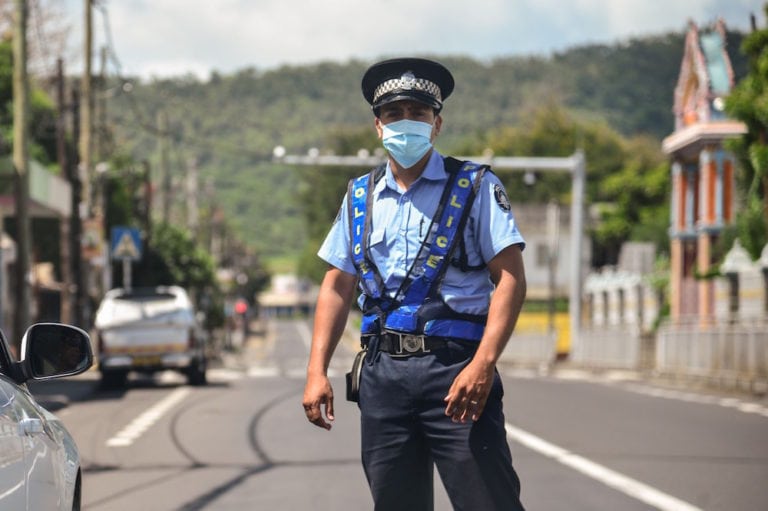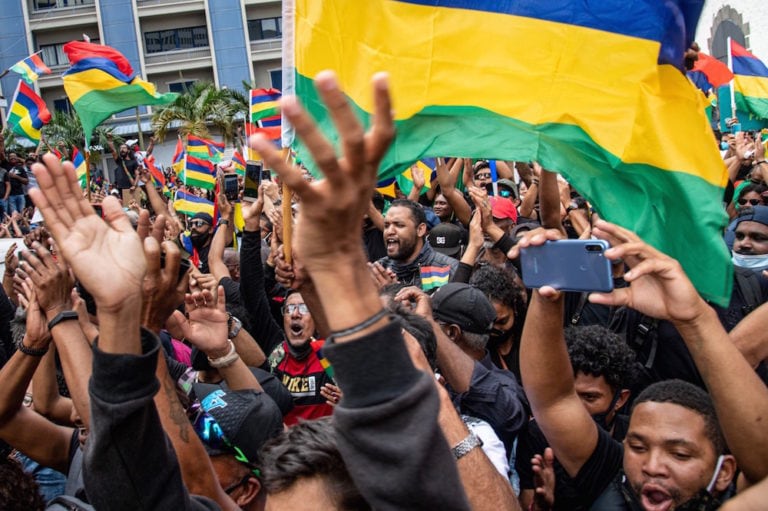Television in Mauritius has become nothing more than a government tool for managing public opinion, the island republic's president declared as he called for reform to allow the establishment of independent television broadcasters.
(Index on Censorship/IFEX) – 21 March 2012 – (. . .) Television in Mauritius has become nothing more than a Government tool for managing public opinion, the island republic’s president declared today as he called for reform to allow the establishment of independent television broadcasters.
Mauritius has three television channels, all run by national broadcaster Mauritius Broadcasting Corporation (MBC).
But today President Sir Aneerood Jagnauth criticised the MBC, saying its television broadcasting no longer matched national ideals.
The president, who was speaking at an international conference entitled The Media: Where do we draw the line?, told delegates as he opened the proceedings: “Our media is a dynamic component of our democracy.
“We have seen the creation of private radio stations which nowadays voice out the opinions of our citizens.
“At the time when we started the private radios we had confidence that it was the right thing to do. Today we see the vital role they are playing in our everyday lives, and shaping our democratic conscience.”
But he went on, “However it is noted that our national TV, the MBC, which is under the full control of the Prime Minister, and financially sustained by public money, is run with a mindset of unfairness, partiality, and is not worthy of a democratic nation.
“Sadly MBC TV has become a tool of spin-doctorism and management of public opinion.
“Our public broadcasting service is no longer at the service of our nation’s ideals.
“I hereby make an appeal to the Government for the grant of licences for the setting up of private television stations. I am convinced it is high time now for such a change.”
Later, human rights and media law specialist Geoffrey Robertson QC, lead speaker at the conference, told delegates that moving to commercial broadcasting would require a number of issues to be resolved.
“Where a country moves from having a national broadcaster to having competition from commercial competition, a number of things must be done. It is not quite so easy as perhaps the President suggested this morning,” he said.
There is a need for a guarantee of political fairness in issuing licences, and consideration has to be given to limiting the amount of foreign investment which could be made in commercial broadcasters.
In the UK a number of commercial broadcasters were fined heavily after rigging quiz show results for their own commercial benefit and deceiving the public.
“The history of commercial television has shown that, properly regulated, it can be terribly valuable. Some very fine television programmes have been produced by commercial television under a heavy licensing regime encouraging programmes of quality, but it has also shown terrible examples in Britain of dishonesty, of hoodwinking viewers in search of a quick buck, and even of propaganda,” Mr Robertson said.
He added, “Commercial television has to be introduced carefully, and there are justifications for licensing restraints.”


